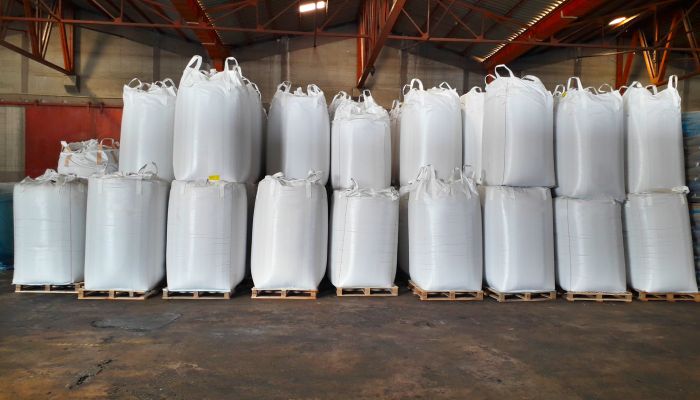When it comes to running a farm, it’s easy to overlook the nitty-gritty details like storage. But here’s the thing: properly storing fertilizer on your farm keeps you organized, but it also protects your crops, wallet, and the environment. A misplaced bag or a leaky container can lead to big problems like wasted resources or serious contamination risks.
Whether you’re a seasoned farmer or someone figuring things out for the first time, nailing your fertilizer storage is one of the smartest moves you can make. Let’s dig into some practical tips to help you get it right.
Choose a Dry, Well-Ventilated Location
Moisture is the enemy of fertilizers. When exposed to humidity, fertilizers can clump together or, worse, react chemically.
To avoid this, pick a storage spot that stays cool and dry year-round. Ensure the area is ventilated, too. Good airflow reduces the chances of harmful fumes building up, especially if you’re working in enclosed spaces like barns or sheds.
Keep Fertilizers Away From Water Sources
Imagine that bag of fertilizer tipping over near your well or stream. The runoff could contaminate the water you and your livestock rely on daily.
Don’t let this nightmare become a reality by always storing fertilizers far from any water source. Even a small leak from a bag or container can pose a big environmental risk. Choosing a safe storage area protects both your water supply and local ecosystems.
Use Proper Containers
The type of container you use matters more than you might think! Store fertilizers in their original packaging or transfer them to clearly labeled, sealed containers. This helps you prevent accidental misuse and keeps the product fresh.
Many farmers should also consider agricultural applications for reusable poly IBC totes. This could be great for securely storing large volumes of fertilizer. These totes are durable, reusable, and can help cut down on waste over time.
Separate Fertilizers From Other Chemicals
It might seem convenient to group all your farm chemicals together, but storing fertilizers near pesticides, herbicides, or fuels is a big no-no.
Some fertilizers can react dangerously when mixed with other chemicals. This leads to unexpected fire hazards or toxic combinations. Instead, designate a dedicated spot just for fertilizers and keep other substances in their own safe zones.
Implement Spill Prevention Measures
Spills happen, but managing them quickly can prevent more severe issues from escalating. Store your fertilizer off the ground on pallets or shelves to reduce the chances of accidental spills.
You can also set up containment barriers around the storage area to trap any leaks before they spread. And don’t forget to keep cleanup supplies like absorbent pads, sand, or a broom nearby so that you can handle any mishaps quickly and efficiently.
Taking care of your farm is all about making smart choices that set you up for success. Properly storing fertilizer on your farm is a great way to protect what matters most on your land. The effort you put into smart storage now will pay off for seasons to come!







